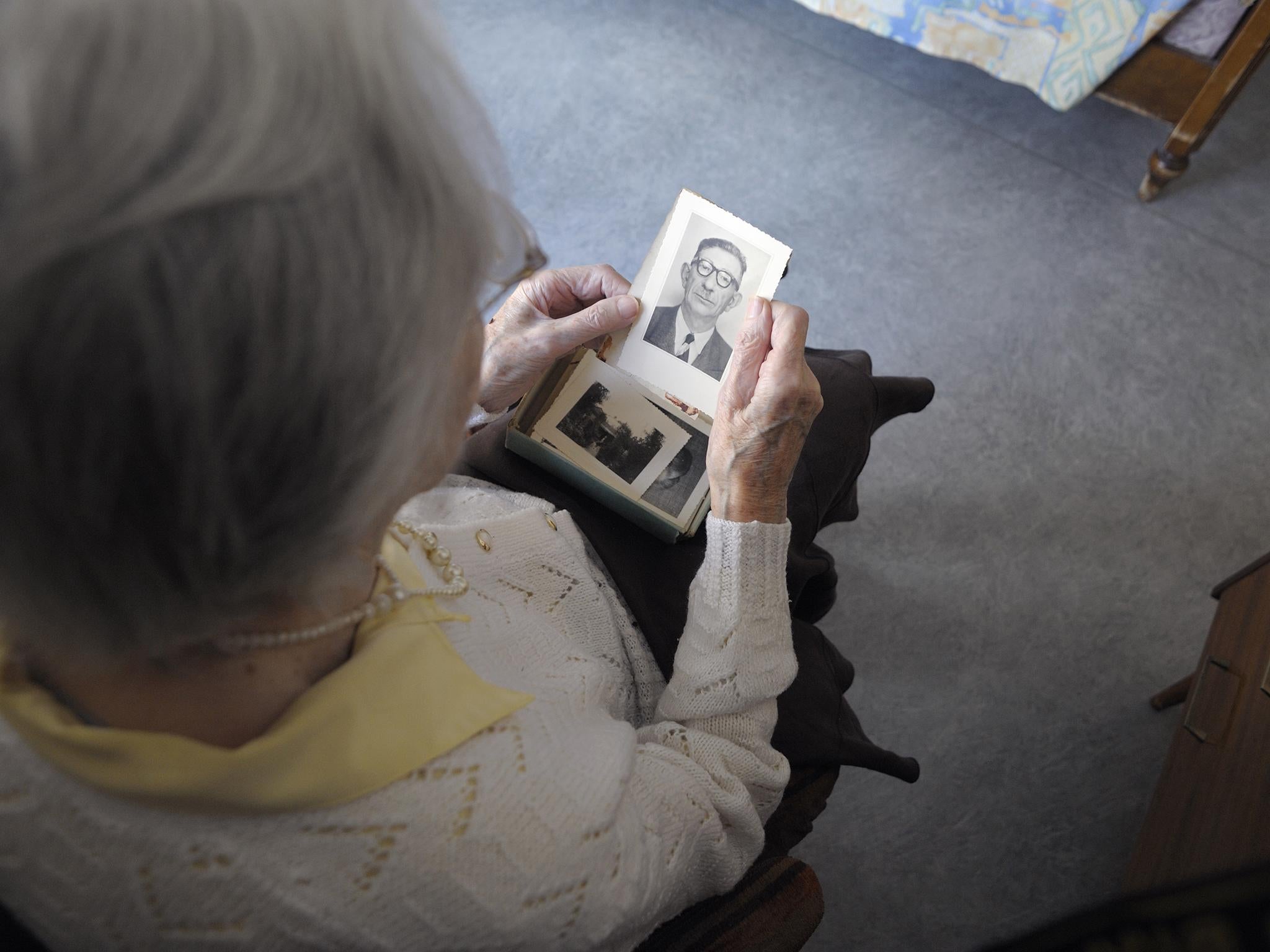Alzheimer’s: Scientists express excitement after discovering two new genes linked to the disease
Genes are ‘very good targets for potential drug treatment’, says researcher

The “exciting” discovery that two genes are linked to Alzheimer’s could lead to a way of treating the devastating and currently incurable disease, scientists believe.
One gene was found to have a protective effect, while different mutations of the other appeared to make the condition more or less likely.
While genes that affect the chance of getting this form of dementia have been identified before, these two are thought to offer a greater chance of leading to an effective treatment.
Dr Rebecca Sims, of Cardiff University’s School of Medicine, said: “These particular genes, which suggest that immune cells in the brain play a causal role in the disease, are very good targets for potential drug treatment.
“These are much more exciting than previous genes we have identified. All of the other genes we have highlighted … affect the risk of Alzheimer’s disease but how they work is very unclear.”
Unlike other genes know to affect Alzheimer’s, these two, PLCG2 and ABI3, were found to cause changes in proteins involved in the disease. This process is easier to influence artificially, suggesting new drugs could be developed to stimulate or dampen down the effects.
And Dr Sims said: “In addition to identifying two genes that affect the risk of developing Alzheimer’s disease, our new research reveals a number of other genes and proteins that form a network likely to be important in its development.
About 850,000 people in the UK have Alzheimer’s, which causes proteins to build structures called plaques and tangles in the brain.
These affect nerve cells’ ability to communicate and eventually they start to die and the brain actually gets smaller.
Dr Doug Brown, director of research and development at the Alzheimer’s Society which helped fund the research along with Alzheimer’s Research UK, echoed Dr Sims’s optimism.
“Over 60 per cent of people with dementia have Alzheimer's disease, yet despite its prevalence we still don't fully understand the complex causes of the disease,” he said.
“The discovery of two new risk genes for Alzheimer’s is an exciting advance that could help to deepen our understanding of what happens in the brains of people with the disease.
“These genes reinforce a critical role for special cells in the brain – called microglia – that are responsible for clearing up debris including damaged cells and proteins.”
And Dr Rosa Sancho, head of research at Alzheimer’s Research UK, said the discovery was like “finding puzzle pieces that biologists can start to fit together to build a complete picture of a disease”.
“There are currently no treatments to slow the progression of Alzheimer’s and increased investment in research is vital so that we can capitalise on new findings and drive progress for people with the condition and their families,” she said.
The genes were found after the DNA of tens of thousands of people with the disease was compared to the DNA of people who did not have it.
According to the NHS website, people with Alzheimer’s live for an average of eight to 10 years after they start to get symptoms although “this can vary considerable from person to person”.
“There's no cure for Alzheimer's disease, but medication is available that can help relieve some of the symptoms and slow down the progression of the condition in some people,” it says.
“Various other types of support are also available to help people with Alzheimer's live as independently as possible, such as making changes to your home environment so it's easier to move around and remember daily tasks.
“Psychological treatments such as cognitive stimulation therapy may also be offered to help support your memory, problem solving skills and language ability.”
The research was described in a paper published in the journal Nature Genetics.
Join our commenting forum
Join thought-provoking conversations, follow other Independent readers and see their replies
Comments
Bookmark popover
Removed from bookmarks